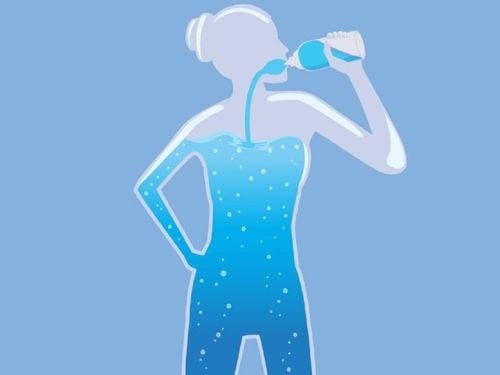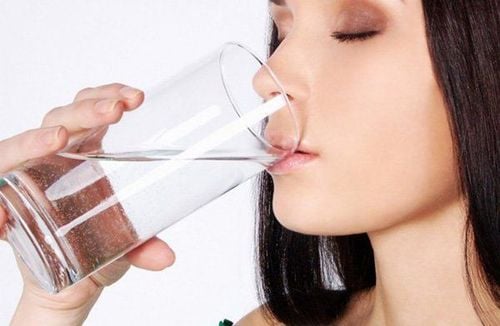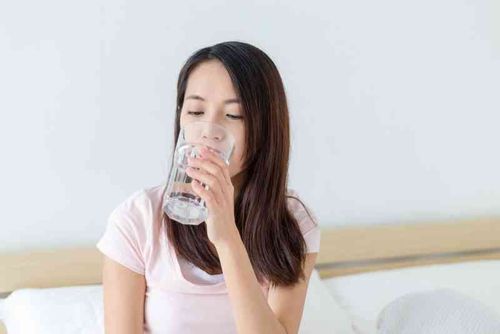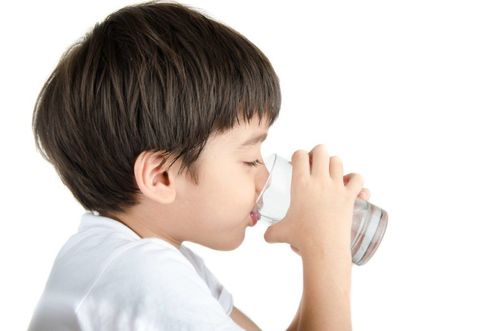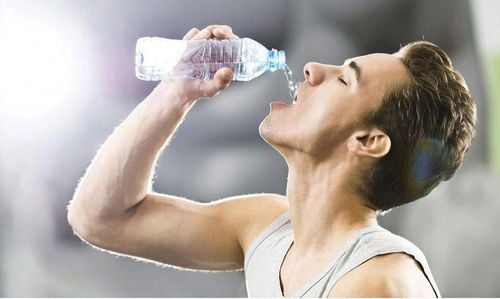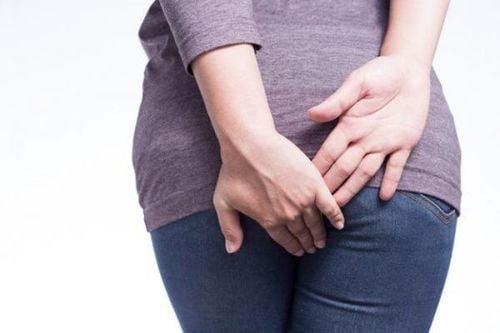This is an automatically translated article.
Water is the best hydrator for most people, but sports and energy drinks are advertised as beneficial for athletes and those looking to increase energy. However, these drinks contain high levels of sugar. It is also a risk factor for weight gain and an increased risk of type 2 diabetes, cardiovascular disease, and gout.
1. Energy and health supplements
Sipping an energy drink can quickly improve the condition of those who feel tired or who believe that caffeine can be beneficial when exercising or playing competitive sports painting.
Although some statements on energy websites warn that these drinks may not be suitable for children and young adults, this is the highest percentage of drinkers. this. Energy drinks can be consumed by teenagers or college students going through cross exams, or by a young athlete before an important game.
While these results have included a number of controlled trials that have shown temporary improvement in alertness and reversal of fatigue following energy drinks, as well as enhanced physical performance in athletics. young people, most studies show an association with negative health effects. Negative behaviors include increased stress, aggression, fighting, alcohol/tobacco abuse, high blood pressure, increased risk of obesity and type 2 diabetes, poor sleep quality and stomach irritation .
Energy drink ingredients may contain the following: carbonated water, approximately 40 grams of sugar (from sucrose and/or glucose), 160 mg or more of caffeine, artificial sweeteners and herbs /substances that have been linked to mental alertness and performance but lack scientific evidence with controlled trials (taurine, panax ginseng root extract, L-carnitine, L-tartrate, guarana seed extract , B vitamins).
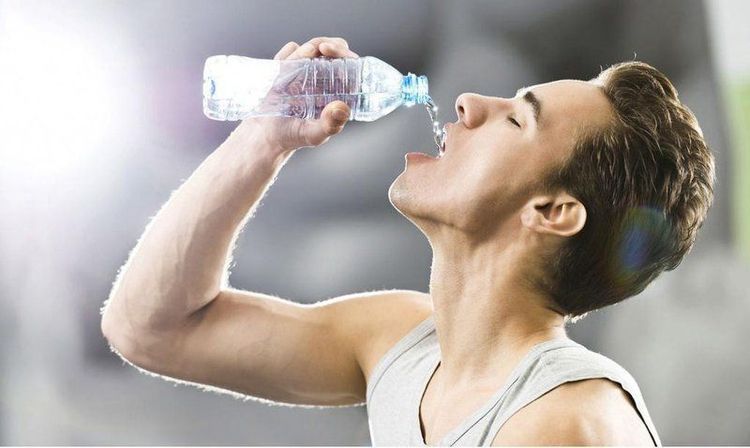
Uống nước bổ sung sẽ ngăn ngừa tình trạng mệt mỏi
2. Some special concerns with energy drinks
Increased negative health effects in adolescents. Children and adolescents can be affected by the amount of certain substances found in energy drinks such as: high caffeine, added sugars including high-fructose corn syrup or low-calorie sweeteners, and herbal stimulants. Marketing tactics aimed at young people. Research has shown that adolescents lack maturation in key areas of the brain and are more likely to engage in risk-taking behavior, leaving them vulnerable to double-risk behaviors. when described in the marketing of energy drinks. Brings negative health outcomes. Evidence links energy drink consumption to negative health outcomes in young people such as risk-seeking behavior, poor mental health, adverse cardiovascular effects and problems metabolic, renal or oral. Excessive caffeine. Too much caffeine from any beverage can lead to conditions like: anxiety, insomnia, heart problems like irregular heartbeat and increased blood pressure, and in rare cases, seizures convulsions or cardiac arrest. High sugar content. Because of the high sugar content in some energy drinks, consuming them may carry the same health risks as other sugary drinks. Lack of regulations. The Food and Drug Administration (FDA) does not regulate energy drinks, such as: caffeine 71mg per 340mg soda; Energy drinks usually contain about 120 mg of caffeine / 340 mg. However, energy drink manufacturers may choose to categorize their product as a supplement to bypass the caffeine limit.
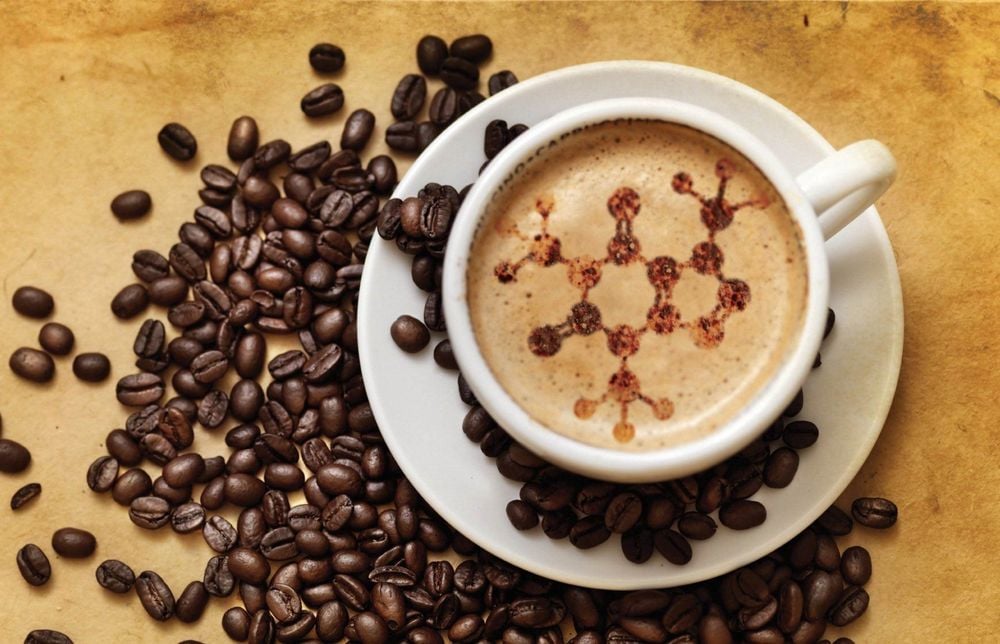
Lạm dụng caffein có thể gây nên những vấn đề về sức khỏe
Sports performance. Caffeine is the main ingredient in energy drinks in adults that enhances physical performance by increasing endurance and strength, improving reaction time and delaying fatigue, although the effects are very different. each other. These effects have not been studied in children and adolescents. In the event that overuse can cause caffeine intoxication in teenagers, the American Academy of Pediatrics recommends a limit of less than 100 mg of caffeine per day for ages 12-18. The International Society of Sports Nutrition (ISSN) has issued a statement of stance on energy drinks after analyzing their safety and effectiveness. Results suggest that consuming energy drinks between 10-60 minutes before exercise can improve mental focus, alertness, anaerobic performance, and endurance in humans. big. This improvement is largely through the effects of caffeine. However, the other ingredients in this drink require more research to prove its safety and effect on performance. The International Society of Sports Nutrition (ISSN) warns that higher-calorie energy drinks can lead to weight gain and high blood sugar levels with negative effects on blood sugar and blood sugar levels. insulin. Nutritionists do not recommend the use of energy drinks for children and adolescents unless carefully supervised by parents. Moreover, for people with diabetes or cardiovascular disease can be negatively affected by stimulant ingredients. In addition, organizations such as the American Academy of Pediatrics Nutrition Committee and the Council on Sports and Exercise Medicine encourage children's health care providers to discourage children from using this supplement. this drink. Also regularly hold discussions about the potential health risks of energy drinks when used in adolescents. Moreover, nutritionists also make recommendations and limit or avoid sugar. By any sugary drinks at a young age due to the risk of absorbing too many calories and gaining weight, as well as wearing down teeth.
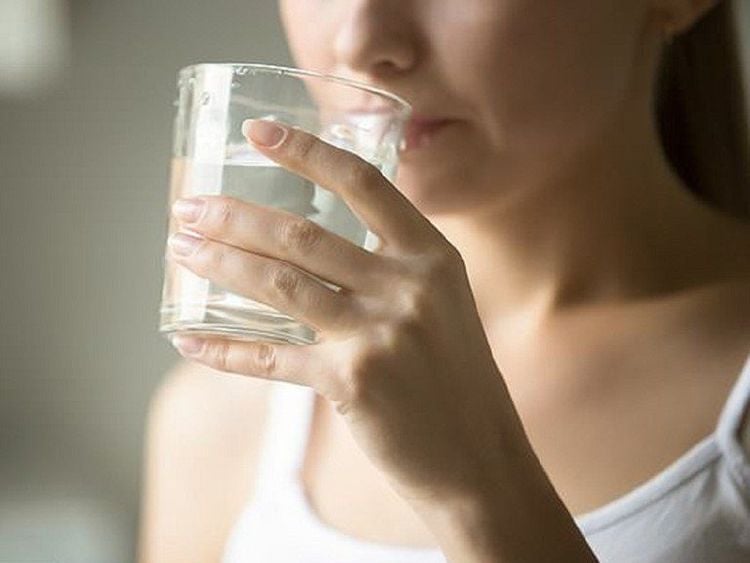
Uống nước không chứa calo đem lại nhiều lợi ích về sức khỏe hơn
Most people can get calorie-free water and these are also quite accessible with no fees. However, energy drinks are manufactured with caffeine as the source ingredient. This is a product that people can choose as an alternative to coffee or tea. Besides, they also contain a large amount of sugar, vitamins and herbs that may not be necessary for the average person. Energy drinks can further pose health risks in vulnerable populations including: children, adolescents, pregnant women, and people with medical conditions such as diabetes. and cardiovascular. Adults who choose to drink energy drinks should check the label for caffeine content and avoid consuming too much, for example, over 200 mg of caffeine per drink. Pediatricians should discuss the use of energy drinks with young patients and their parents to ensure that all are aware of the health risks and if use is followed. watch carefully.
Please dial HOTLINE for more information or register for an appointment HERE. Download MyVinmec app to make appointments faster and to manage your bookings easily.
References: hsph.harvard.edu, nccih.nih.gov




